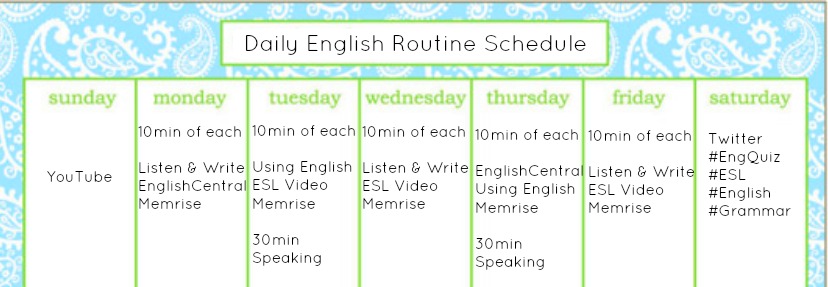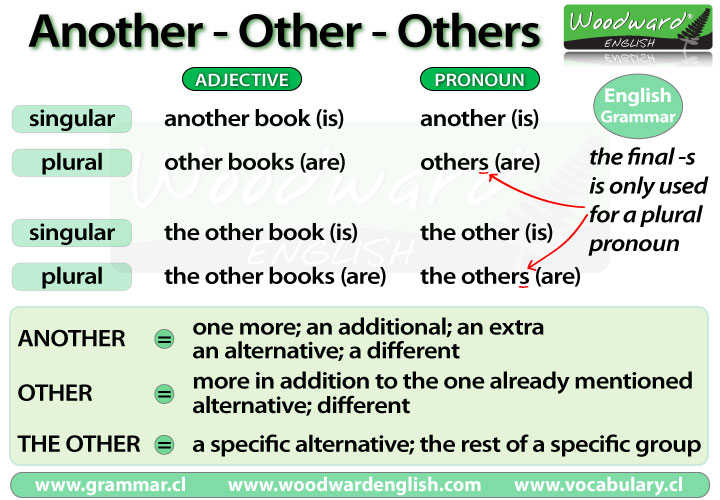5 tools to help build your Daily English Routine
5 Tools to help Build your Daily English Routine
Many students ask for a Daily English Routine to help them to improve their English skills
Every student is different. Learning a language is different for each one of us and your daily English routine should be suited to meet your individual needs.
Are you ready to create your own daily English routine? Spend some time surfing the internet to find the sites that you like. If you are really going to follow this routine, you need to like what you are looking at and doing. Here are some sites that are interactive and encourage active learning (reading and listening alone is not going to help move forward at a fast pace).
1) Memrise
Memrise is an online learning tool with courses created by its community. Its courses are mainly used to teach languages, but are also used for other academic and nonacademic subjects.
*Memrise or another flashcard program should definitely be part of your daily English routine.
2) Listen and Write – Language Dictation
http://www.listen-and-write.com/
Improve your listening skills and hear about the news as part of your daily English routine.
3) Using English Grammar Quizzes
http://www.usingenglish.com/quizzes/
Test yourself with 516 free English language quizzes covering grammar, usage and vocabulary for beginner, intermediate and advanced level English students. Simply answer all of the questions in the quiz and press submit to see your score and other statistics.
4) ESL Video Quizzes for Students
Educational resources for English as a Second Language Students to improve their listening, speaking, grammar, and vocabulary skills.
5) English Central
https://www.englishcentral.com/videos
The EnglishCentral platform combines the web’s best English videos, IntelliSpeech℠ assessment technology, an adaptive vocabulary learning system and live tutors, delivered seamlessly over web and mobile.
NOW that you have looked at all of these, decide on a plan. Do you have 30 minutes a day? Spend 10 minutes each on 3 of these sites. Mix it up, make a Daily English Routine Schedule that works for you….
suited (adj) right or appropriate for a particular person, purpose, or situation.*practice using these words in the comments section and I will check them and give you feedback*


